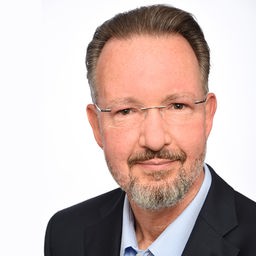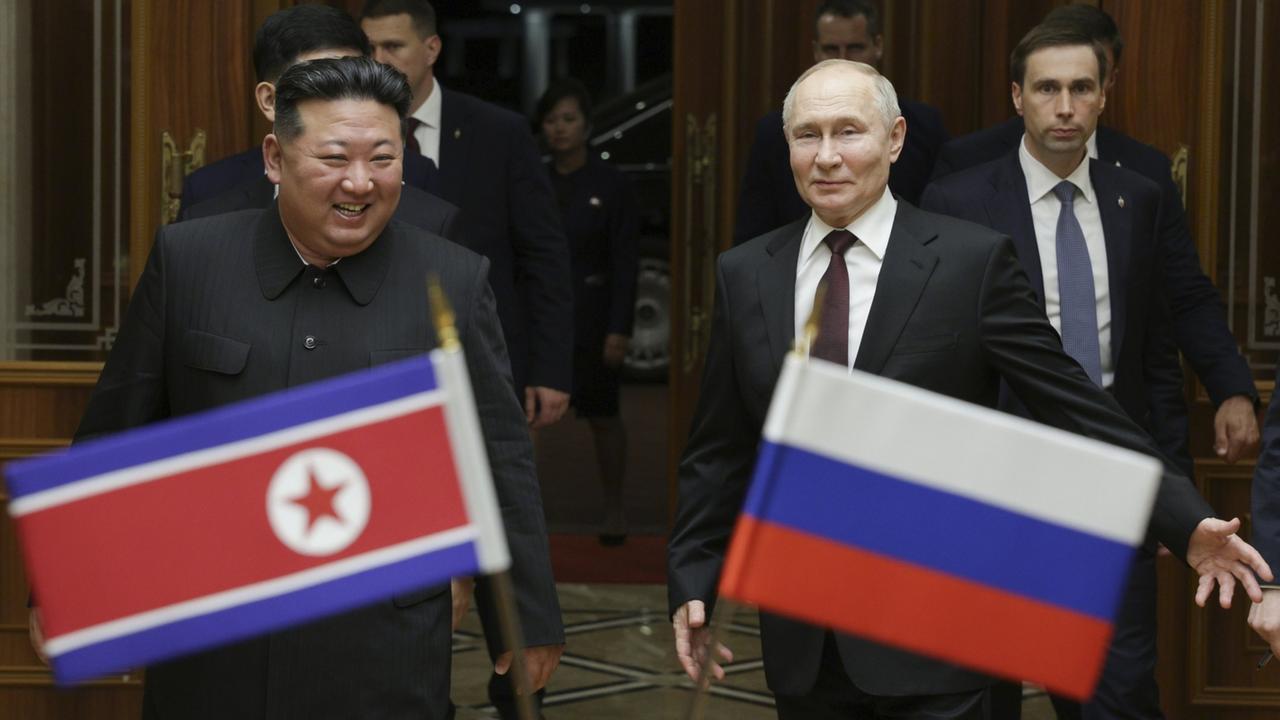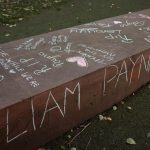interview
If North Korea actually sends soldiers to Russia, it would be a domestic political success for ruler Kim, says North Korea expert Rüdiger Frank. In the conversation he explains what Kim benefits from – and what enormous danger there is.
tagesschau.de: There are contradictory and nebulous statements about the sending of North Korean soldiers to Russia and their use in the war against Ukraine. Do you think it is conceivable that North Korea supports Russia in this way?
Rüdiger Frank: We are in a war situation. This means you always have to be skeptical about any news. However, I would not dismiss the scenario completely and would assume at the moment that there will actually be participation of North Korean soldiers – in whatever form – in the conflict. It is important that the West waits to react until real facts are on the table, because what matters most is the official form of participation.
“Ultimately that would be the Third World War”
tagesschau.de: Which differences are relevant?
Frank: If North Korean regular units wearing North Korean uniforms officially intervened in a war in Europe, for example as part of the military assistance agreement, then the war would change from a bilateral war to a multilateral conflict. It would then be extremely difficult for NATO to resist Ukraine's pressure to send its own ground troops.
Then there is no way around sending German, French, British and American troops to war. Russia could then follow suit and involve other countries.
It has to be said so harshly: Ultimately, that would be the Third World War. Hardly anyone can want that. I sincerely hope that the leadership in Moscow has understood this and that this variant will not exist.
tagesschau.de: And if North Koreans were deployed in different, Russian uniforms?
Frank: That would at least give the West the opportunity to react flexibly. Something similar was done in the Korean War in 1950. Officially, only “people’s volunteers” fought against “UN troops” there, even though everyone knew that China and the USA were actually at war there.

To person
Rüdiger Frank is a professor at the Institute for East Asian Studies at the University of Vienna. He is also the founder and director of the European Center for North Korea Studies. Frank has published numerous books and studies on North Korea and advises governments and international organizations.
“Enormous satisfaction for the leadership in Pyongyang”
tagesschau.de: What could North Korean leader Kim Jong Un expect from such a deployment?
Frank: For Kim Jong Un, this means an enormous gain in prestige domestically. From the beginning of its existence, the weak North Korea was always dependent on help from Russia and the Soviet Union. Reversing this now is an enormous satisfaction for the leadership in Pyongyang.
It also enhances North Korea internationally. It also strengthens North Korea in the permanent bilateral competition with South Korea.
tagesschau.de: Is there also a risk in this for Kim?
Frank: Barely. Possible losses of one's own soldiers count for little in this dictatorship. Kim Jong Un, on the other hand, can expect the political gains mentioned above. There is also massive economic income.
What North Korea wants
tagesschau.de: Because North Korea hopes for more support from Russia and more trade?
Frank: The South Korean economy received a huge boost from the participation of 300,000 soldiers in the Vietnam War in the 1960s, leaving North Korea behind. A lot of money flowed from the USA to the state, and many well-known corporations made the step from small companies to global players. Something similar could happen with North Korea.
It's about investments, access to the Russian market for weapons and other goods, but also about deliveries of Russian products to North Korea – oil and natural gas, where there are international sanctions because of the North Korean nuclear program. It could be about short-term aid in the area of food and consumer goods. But also long-term support in the area of industrial plants.
North Korea still wants nuclear power plants. Russia could help here, as the reactors promised by the USA in the 1990s have not been completed. The economic gain would be enormous. And then there could also be a transfer of advanced military technology from Russia to North Korea. The states in the region are particularly worried here.
“China has other strategic plans”
tagesschau.de: Does this also affect North Korea's relationship with China? Is this a coordinated behavior or a form of emancipation from China?
Frank: North Korea has always made sure to protect its own interests above all. And of course North Korea cannot have liked the fact that it has become almost completely dependent on China, especially when it comes to foreign trade. That's why I think the emancipation argument is understandable. But to derive from this a rivalry between China and Russia for North Korea's favor would be going too far.
Basically, the relationship between North Korea and China has always been pragmatic and has always been characterized by ups and downs. In the West, China's influence on North Korea has been deliberately overestimated.
tagesschau.de: Could this be a reason why China is currently holding back on comments?
Frank: That is at least striking. We do not know whether this policy is coordinated with China. There is indeed a close exchange. But we know from the past that North Korea never really tells the whole truth, even to its own allies.
I think the Chinese are trying to stay out of it as long as they can. They have completely different strategic plans. Geostrategically, China is primarily concerned with competition with the USA, the question of what will happen to Taiwan and the South China Sea.
And as long as events in Ukraine and North Korean behavior do not have a negative impact on China's interests, the Chinese will do nothing to stop it. Instead, they watch as all their strategic opponents and competitors weaken each other.
The interview was conducted by Eckart Aretz, tagesschau.de




